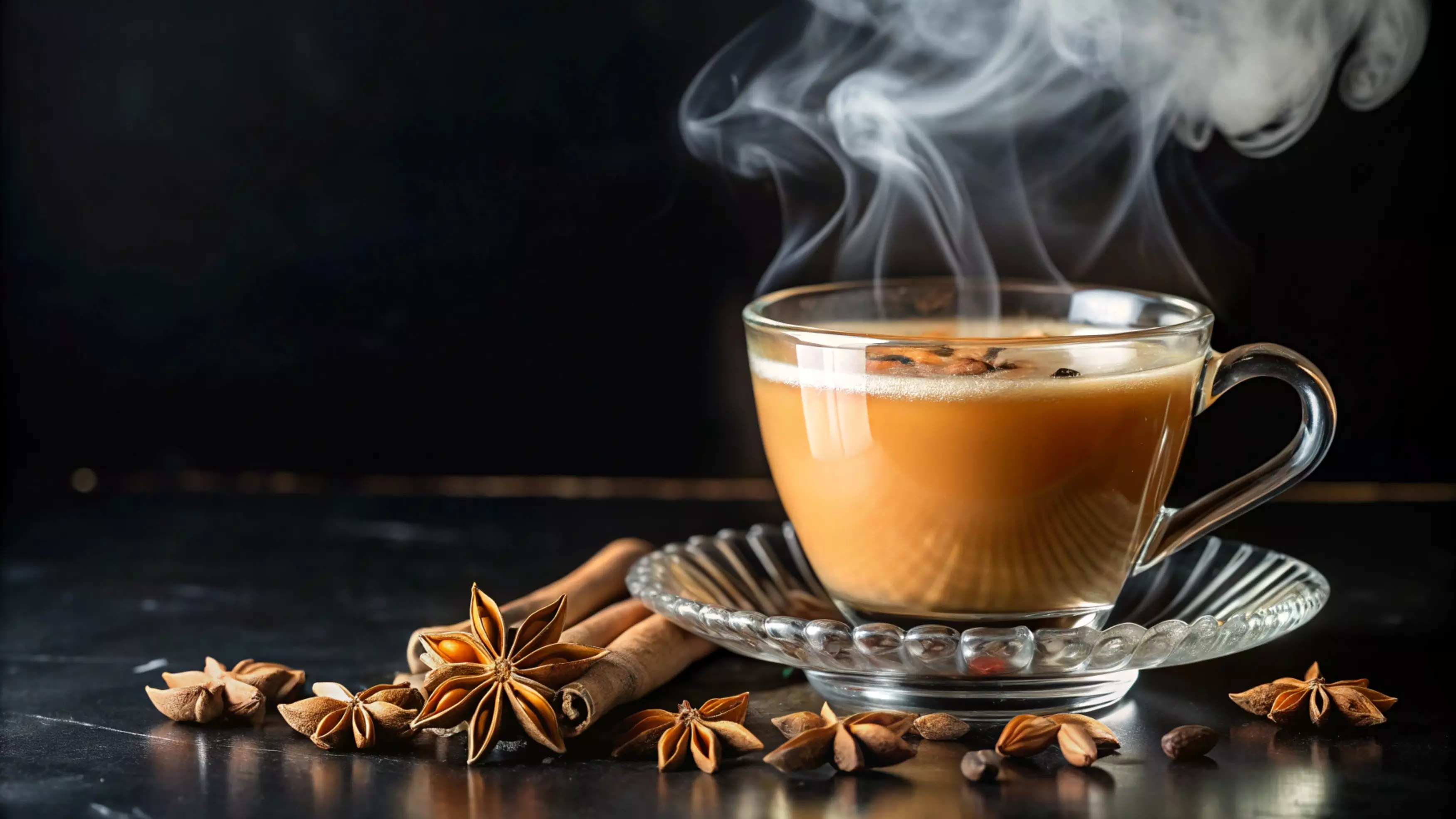How healthy is your cuppa?
Tea is officially a health drink now. But does that seal apply to India’s ubiquitous chai too?

From plain brews to infused blends, experts reveal how tea benefits health and when your favorite cup may lose its edge. (Image: Freepik)
The recognition of tea as a ‘health drink’ by USA’s Food and Drug Administration (FDA) has given lovers of the beverage much reason to cheer. But strictly speaking, the term ‘tea’ refers to the plain brew of dried leaves of the tea plant. In India, the ‘cup that cheers’ traditionally includes generous additions of milk and sugar. So, is ‘chai’ beneficial to health? We bring you the views of some experts.
Keep it plain
Umme Farnaz, a restauranteur and COO at Baldoria Hospitality, LLP, asserts that the best way to take tea is to drink the plain brew. “Tea is a health drink and is supposed to be drunk in the most natural form. Adding milk and sugar negates the antioxidant property of tea. Also, sugar in any form is bad. Just boiling the leaves is the way to go,” she says.
Warning that the addition of milk to tea may result in digestion issues, Farnaz says, “the combination is wrong.” She adds, “Since the pandemic, I have noticed that people are opting for non-milk varieties of tea. That's the best way to drink it.”
Sujatha Stephen RD, chief nutritionist at Yashoda Hospitals (Maalakpet), says: “Adding milk and sugar to tea can significantly alter its nutritional profile and potential health effects.” She also has a warning – “Remember to consume tea in moderation, as excessive amounts may lead to negative effects like caffeine overload or [adverse] interaction with certain medications.”
Effects of milk
Effects of milk
l Milk contains calories and fat, especially saturated fat, and adding milk to the brewed tea may be a concern for those watching their weight or managing heart health.
l Milk proteins can bind to antioxidants (like catechins) in the tea, reducing their absorption and effectiveness.
l The calcium from milk might interfere with iron absorption from tea, particularly for those with iron deficiency.
l Milk proteins can bind to antioxidants (like catechins) in the tea, reducing their absorption and effectiveness.
l The calcium from milk might interfere with iron absorption from tea, particularly for those with iron deficiency.
Workaround options
However, if you love your traditional tea with milk, don’t lose heart. You could add only a small amount of milk, to minimize calorie and fat intake. Or, you could use low-fat or non-dairy milk alternatives (like almond or soy milk).
Farnaz also lists some variations. “An interesting way of having tea is to add a fruit infusion to it,” she says. “Some prefer sun-dried oranges, some others go for strawberries. Kashmiri Kahwa is another great way to have tea.”
Health benefits of tea
1. Tea contains high levels of antioxidants, which help protect against cell damage, inflammation and oxidative stress. Varieties like Green Tea and Oolong Tea, are particularly rich in antioxidants and have anti-aging properties.
2. Tea supports the immune system and is also good for the heart.
3. It may help reduce the risk of chronic diseases like arthritis, diabetes and certain cancers.
4. Green and Oolong tea have anti-microbial properties which help in weight loss, skin health and reducing anxiety.
2. Tea supports the immune system and is also good for the heart.
3. It may help reduce the risk of chronic diseases like arthritis, diabetes and certain cancers.
4. Green and Oolong tea have anti-microbial properties which help in weight loss, skin health and reducing anxiety.
( Source : Deccan Chronicle )
Next Story

